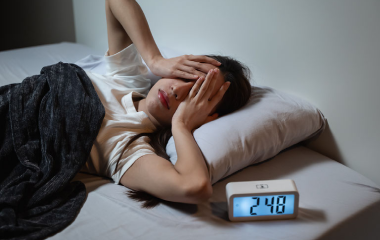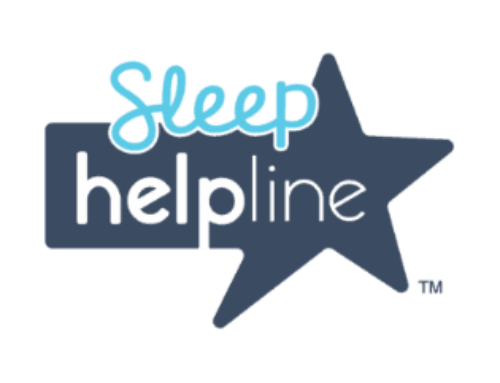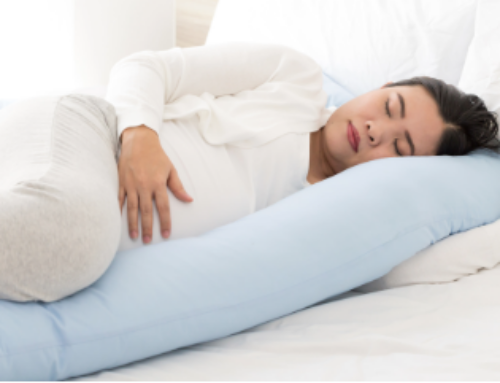A new study suggests that insomnia and poor sleep are common in patients with epilepsy and may adversely impact their quality of life. Interventions to improve sleep hygiene can be suggested to patients as part of more comprehensive epilepsy education programs.
The study involved 152 patients with epilepsy completing multiple questionnaires. Patients with other known sleep disorders, including obstructive sleep apnea (OSA), were excluded from the study. More than half of the participants (55%) experienced insomnia and more than 70% were “poor sleepers.” Insomnia and poor sleep quality were significantly related to the number of antiepileptic medications and a large number of depressive symptoms.
The study was published in the February issue of the Journal of Clinical Sleep Medicine, the official journal of the American Academy of Sleep Medicine.
According to the Centers for Disease Control and Prevention (CDC), epilepsy affects 2.2 million Americans. Epilepsy is a condition that produces seizures affecting a variety of mental and physical functions. It strikes most often among the very young and the very old, although anyone can develop epilepsy at any age.
The authors of the study suggest that further studies should examine whether improvements in sleep can improve seizure control and the quality of life of these patients.





